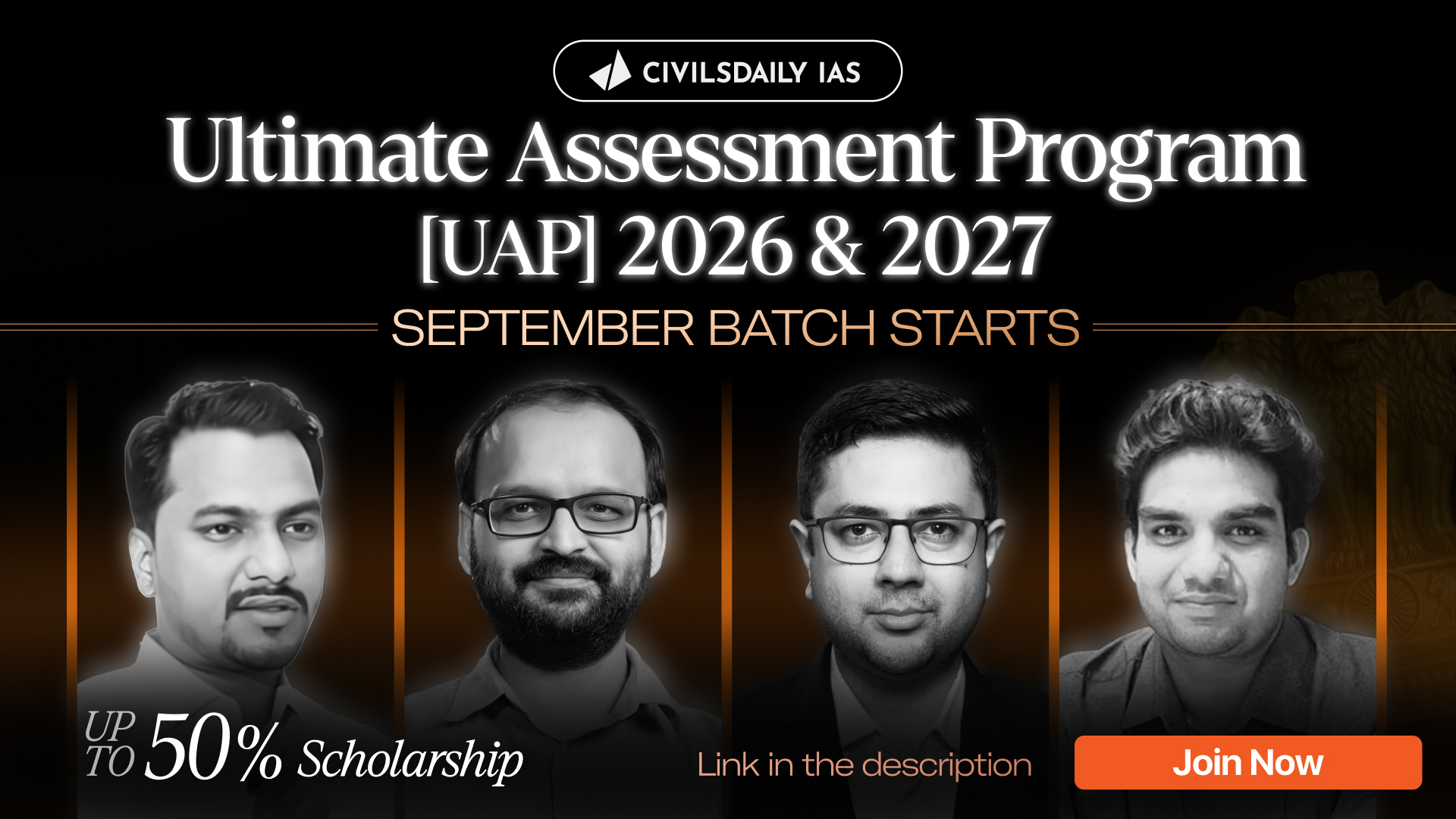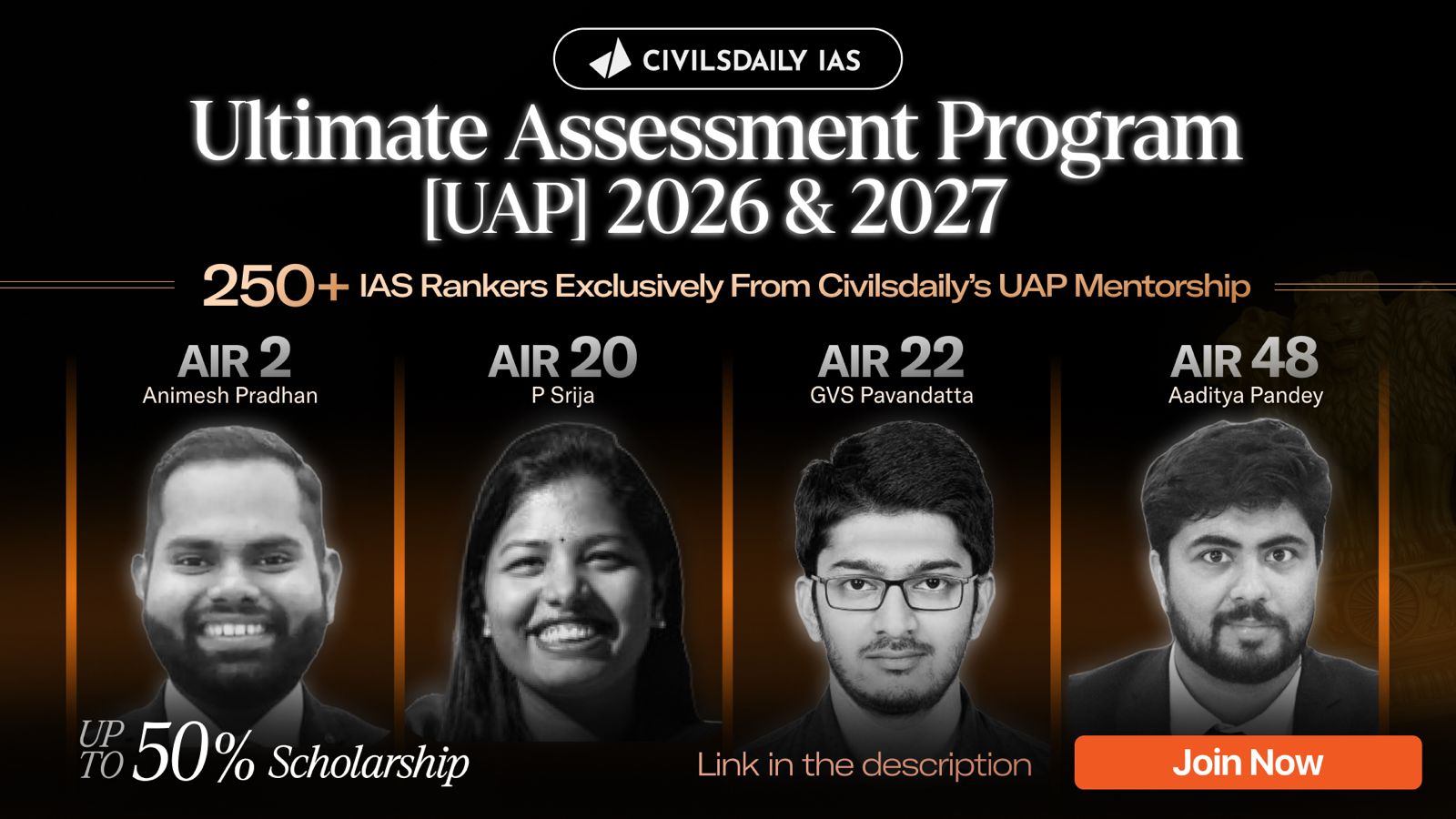From UPSC perspective, the following things are important :
Prelims level: NA
Mains level: Disaster Diplomacy

Prime Minister Modi has tweeted his condolences and hoped for an early restoration of normalcy in flood devastated Pakistan.
Why in news?
- The statement by the PM last month came as a surprise to many.
- This is on the grounds of steady deterioration of ties over the last eight years since Modi came to power.
PM Modi and Pakistan
(A) Early failure
- PM Modi had famously begun his tenure with an invitation to Pakistan’s then PM Nawaz Sharif for the swearing-in ceremony in May 2014.
- Sharif had come to India, along with the leaders of other SAARC nations.
- This gesture promised a new beginning for the bilateral relationship that had suffered a severe setback after the 26/11 terrorist attacks in Mumbai in 2008.
- However, a string of incidents followed, the terrorist attacks in Pathankot and Uri — impacted the relationship negatively, and New Delhi made it clear that “talks and terror can’t go together”.
(B) India strengthens resolute
- Ties have been hit further over the last few years, especially after the Pulwama terror attack in February 2019, and the abrogation of Article 370 in August that year.
- That led to the downsizing of the High Commissions in both capitals; there are no full-time High Commissioners in either country now.
Change of PM in Pak
- After the ouster of Imran Khan, and the coming to power of the new coalition government led by PM Shehbaz Sharif, some positive noises have emanated from Islamabad.
- India however reiterated the desired peace and stability in a region free of terrorism.
- New Pak PM criticized his predecessor, Imran Khan, for not making “serious and diplomatic efforts” when India abrogated Article 370 in August 2019.
Responses to disasters
In the past, when natural disasters struck India and Pakistan, the two countries at times reached out to each other with offers of help.
- Bhuj earthquake: For example, in January-February 2001, after the earthquake hit Bhuj in Gujarat, Pakistan had reached out with help, and had sent tents and blankets for the survivors.
- 2005 earthquake: A powerful earthquake struck both India and Pakistan, India sent aircraft with relief supplies to Pakistan and pledged $ 25 million through the United Nations to support Pakistan’s relief efforts.
In 2010, when a “superflood” — the worst in recent decades until the deluge of 2022 — hit Pakistan, India offered $ 5 million in help, but Islamabad declined to accept it.
The case for help now
- Though there has not been much follow-up activity, the PM Modi’s outreach by way of a message created a potential opening for “disaster diplomacy”.
- Pakistan’s Finance Minister said that the government can consider importing vegetables and other edible items from India following the destruction of standing crops due to the floods.
- Prices of vegetables and fruit have gone through the roof as supplies from Balochistan, Sindh, and south Punjab especially, have been badly affected.
Why should India respond?
- For the Indian government, the case for extending humanitarian help ties in well with its desire to project itself as the “first responder” in times of disaster and crisis in the neighbourhood.
- In recent months and years, India has extended its hand of help and cooperation to the Maldives, Bangladesh, Sri Lanka, Myanmar, Nepal, Bhutan, and Afghanistan.
- Trucks filled with Indian grain have travelled to Taliban-ruled Afghanistan via Pakistan.
What is Pakistan’s position?
- Pakistan’s establishment (none other but Pak Army) has discussed the possibility of getting food grains through international organisations, who want to send relief material from India.
- The help from India can be at the micro and short-term level: food, fuel, tents, medicines, and emergency essential supplies.
- At the macro and medium-to-long-term, it could involve help in the reconstruction of damaged homes and properties, and the archaeological site of Mohenjo Daro, part of the cultural heritage of both countries.
- India’s healthcare can be of help in the post-floods scenario — dengue is already on the rise, and diseases such as typhoid are expected to spike sharply.
Issues in re-engagement
- Some in the Indian establishment believe that the government’s stated policy of talks and terror can’t go together, and the extending of help to Pakistan are at odds with each other.
- For New Delhi, the decision is as much about projecting power as a global responder as with managing the ruling party’s domestic political base.
UPSC 2023 countdown has begun! Get your personal guidance plan now! (Click here)
Get an IAS/IPS ranker as your 1: 1 personal mentor for UPSC 2024

